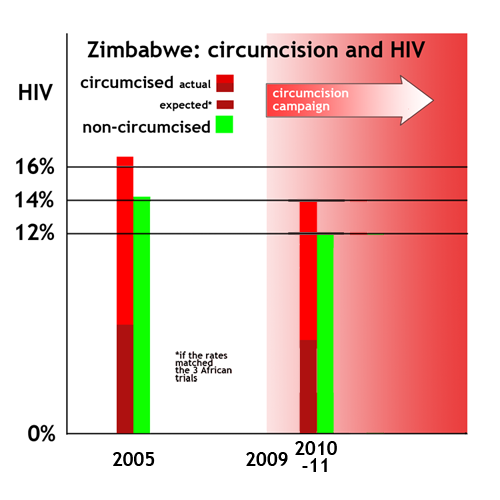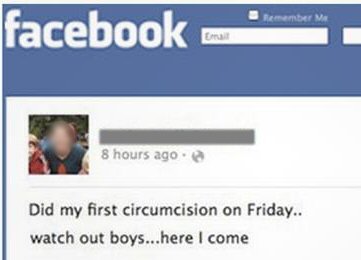O CanadaMarch 3, 2013
Canada's pediatricians set to reveal new policy on circumcision
The Canadian Paediatric Society is preparing to revise its position on circumcision.
Canada’s pediatricians are about to update their advice on whether
baby boys should be circumcised, revising their stand for the first time
in 17 years.
Their review comes as new Canadian research suggests half of
expectant parents would consider circumcision if they had a son — and
that the single most important factor is the circumcision “status” of
the father.
The Canadian Paediatric Society’s old policy, issued in 1996, opposed routine circumcision of newborns.
The new statement is expected to be more neutral.
“There isn’t going to be a ‘prescription’ for Canadian males in terms
of circumcision,” society president Dr. Richard Stanwick, chief medical
health officer for the Vancouver Island Health Authority, told
Postmedia News.
The organization has been struggling to put forward a balanced
position “that captures the risks, and the benefits, but is also
respectful of personal preferences
[whose?], religious issues and many other things that dictate this decision,” Stanwick said.
The issue is so loaded with emotion and controversy that the new
statement has been three years in the making. “There are very strong
opinions on both sides of this issue,” Stanwick said.
“We know that we’re wading into something that, no matter what we write, will not be strong enough for probably either side.”
Last year, the American Academy of Pediatrics announced that the
health benefits of newborn male circumcision outweigh the risks, a move
that provoked demonstrations by anti-circumcision activists who view the
procedure as genital mutilation of newborns.
[No, who view it as unethical.]
The old policy deemed circumcision medically unnecessary for the “well-being of the child.”
But after a special task force reviewed more than 1,000 studies published over the past 15 years,
the American doctors’ group
now says that circumcision provides protection against urinary tract
infections, penile cancer and the transmission of some sexually
transmitted infections, including HIV.
The organization isn’t recommending universal circumcision. Instead, it says the final decision should be left to parents.
Circumcision involves the surgical remove of some, or all, of the
foreskin from the penis. It is one of the most common surgical
procedures performed worldwide. In hospitals, the procedure is usually
performed by obstetricians soon after birth.
“Clearly there has been a lot of literature around the potential role of the avoidance of infection,” Stanwick said.
“But this also has to be balanced off against the fact that this is still a surgical procedure, and it is not without risk.”
Those risks can include bleeding and hemorrhage, infection, inflammation and tightening at the end of the penis
[and major complications, loss of the penis and death.]
Any shift in policy would have to ensure, “are there enough skilled
professionals around to do this, so that we don’t have a complication
rate that is unacceptable and so that we’re not seeing males being
significantly harmed by not having the properly trained people to do
it,” Stanwick said.
[Not any shift, only a shift towards recommending it. Sounds like he's gearing up for a major increase, and needing to recruit!]
The new policy statement is expected to be released before the pediatric group’s annual meeting in June.
“It would be great if we had absolute answers, but on this one, I don’t think we will,” Stanwick said.
“At the end of the day . . . it will very much be influenced by dad’s status, as well as the cultural and religious issues.”
[What other surgical procedures are influenced by the father's status, cultural or religious issues?]
A new study found that the circumcision rates are heavily influenced by whether or not the father is circumcised.
University of Saskatchewan researchers, in a study published in the
journal Canadian Family Physician, surveyed 230 parents attending
prenatal classes in Saskatoon.
Overall, half — 56 per cent — said they would consider pursuing
circumcision if they had a son. In cases where the father of the
expected baby was circumcised, 82 per cent were in favour of
circumcision, versus 15 per cent when the father wasn’t circumcised.
According to the researchers, Canada’s current circumcision rate is
32 per cent. In the U.S., rates are increasing, to 61 per cent of men,
they said.
[No, it is slowly falling,and 61% is approximately the rate at which babies are being circumcised.]


